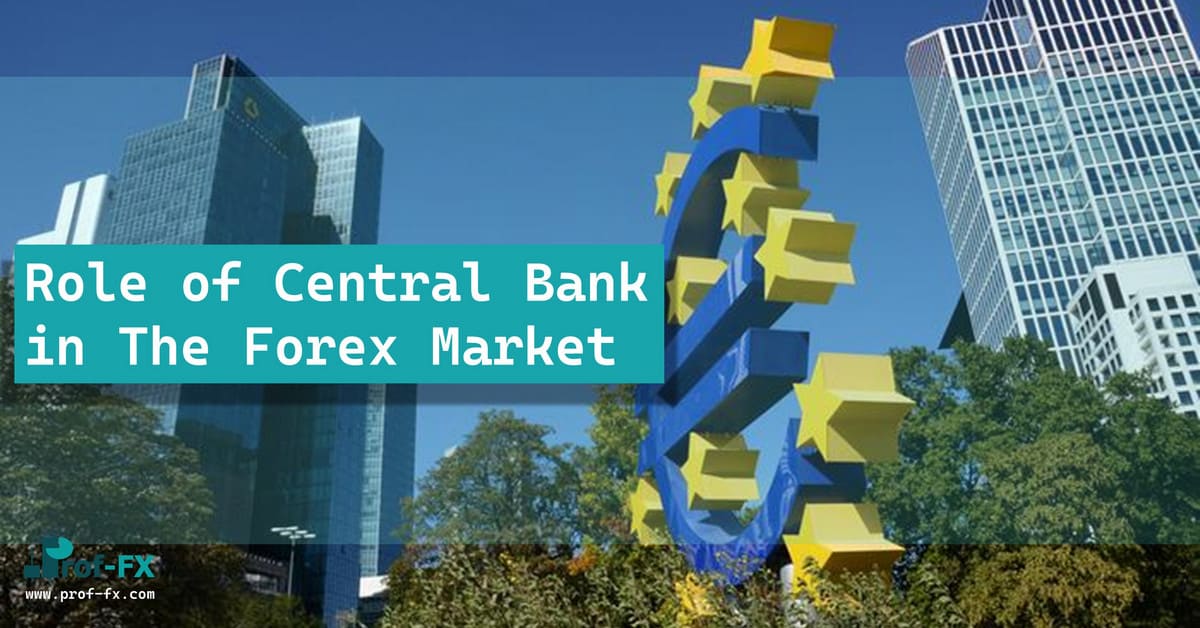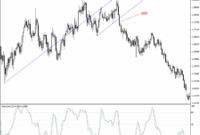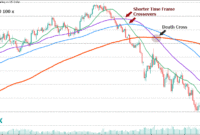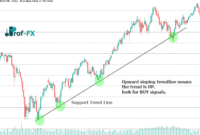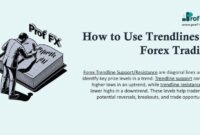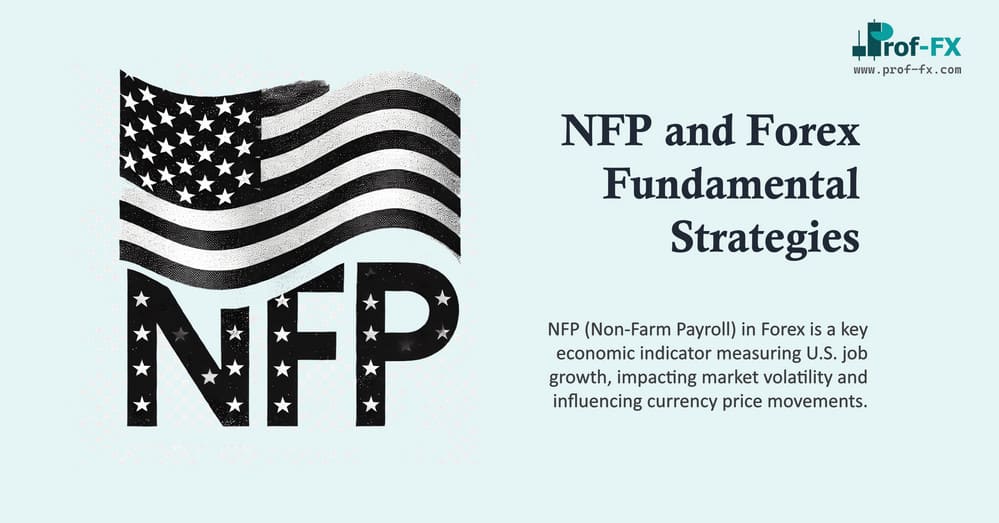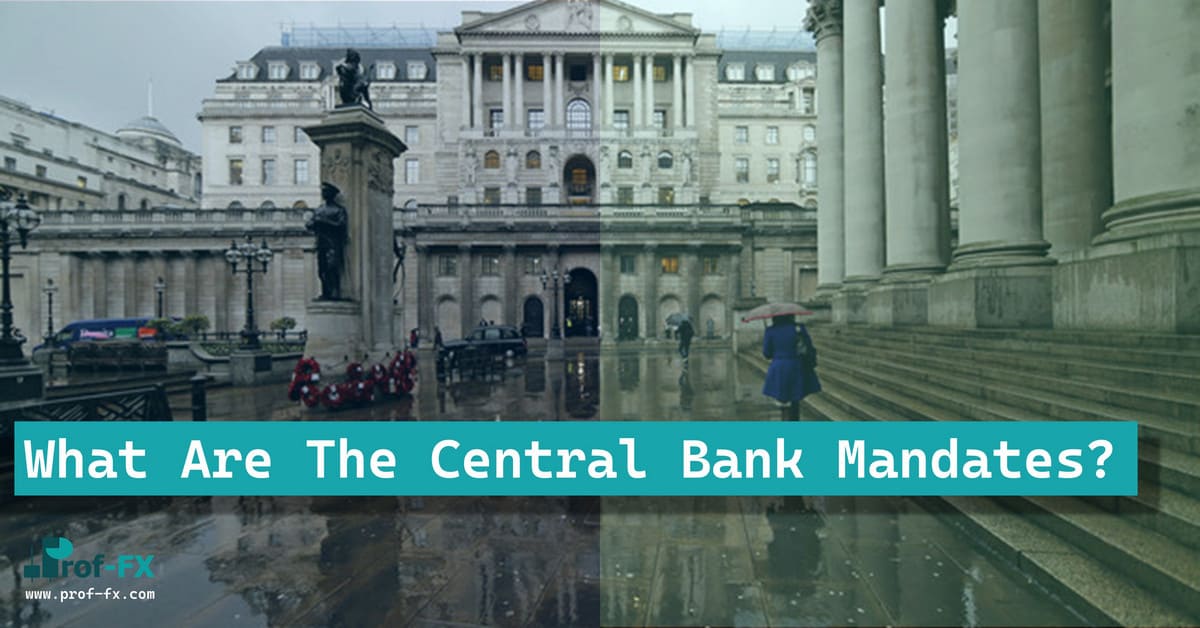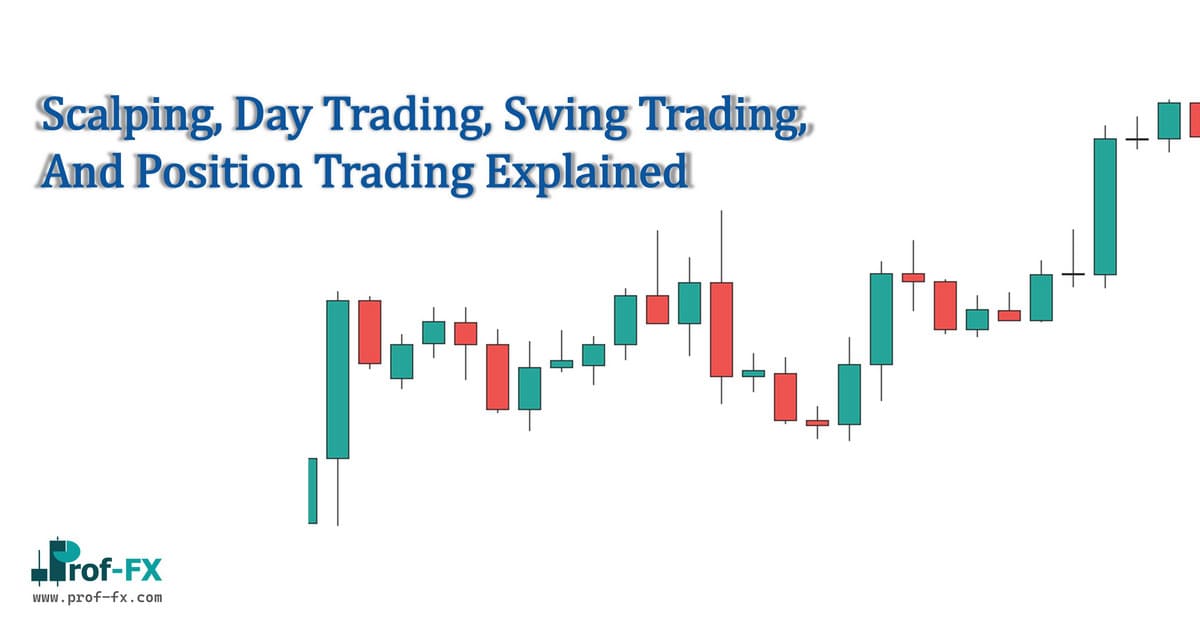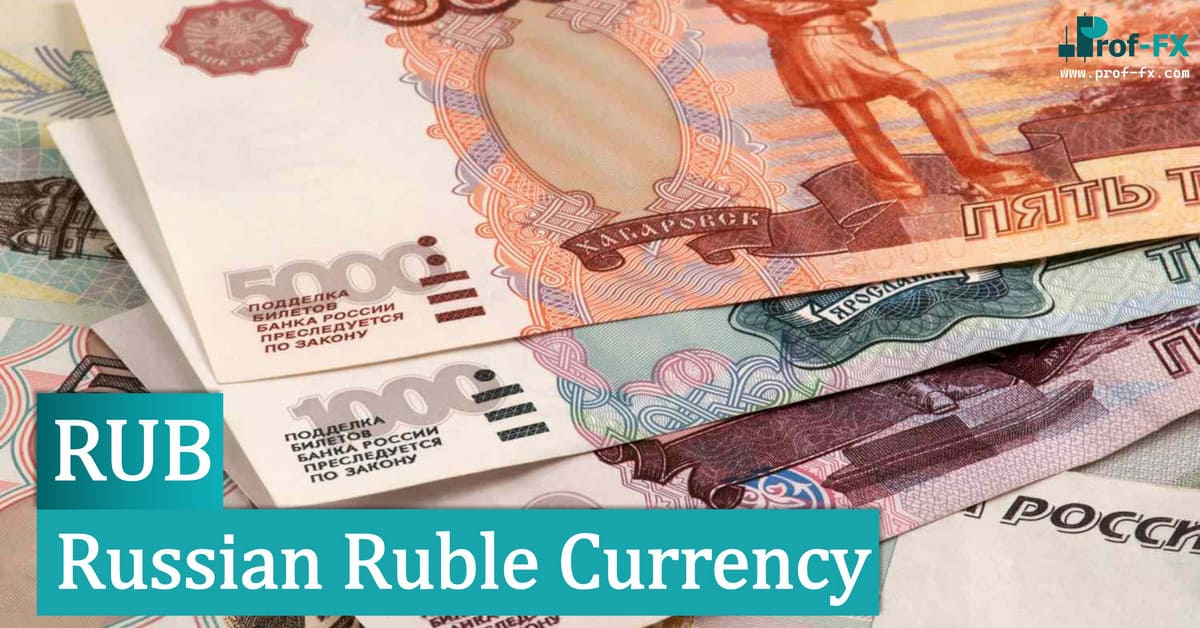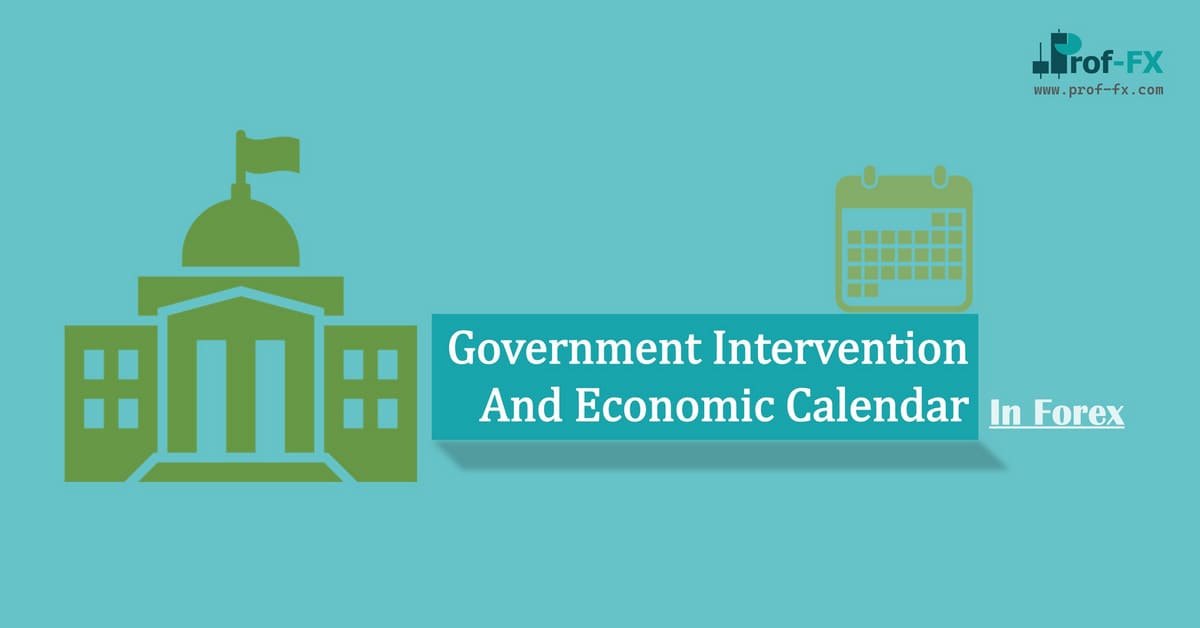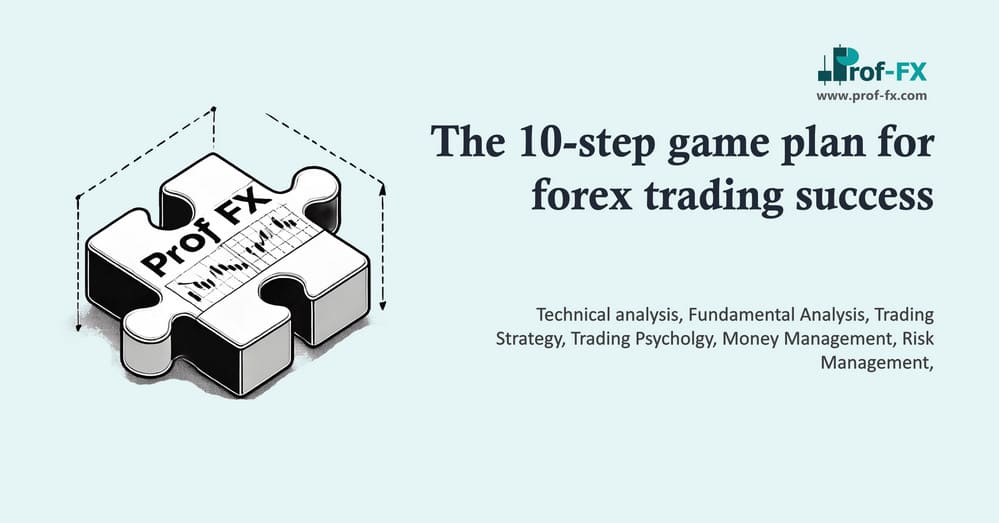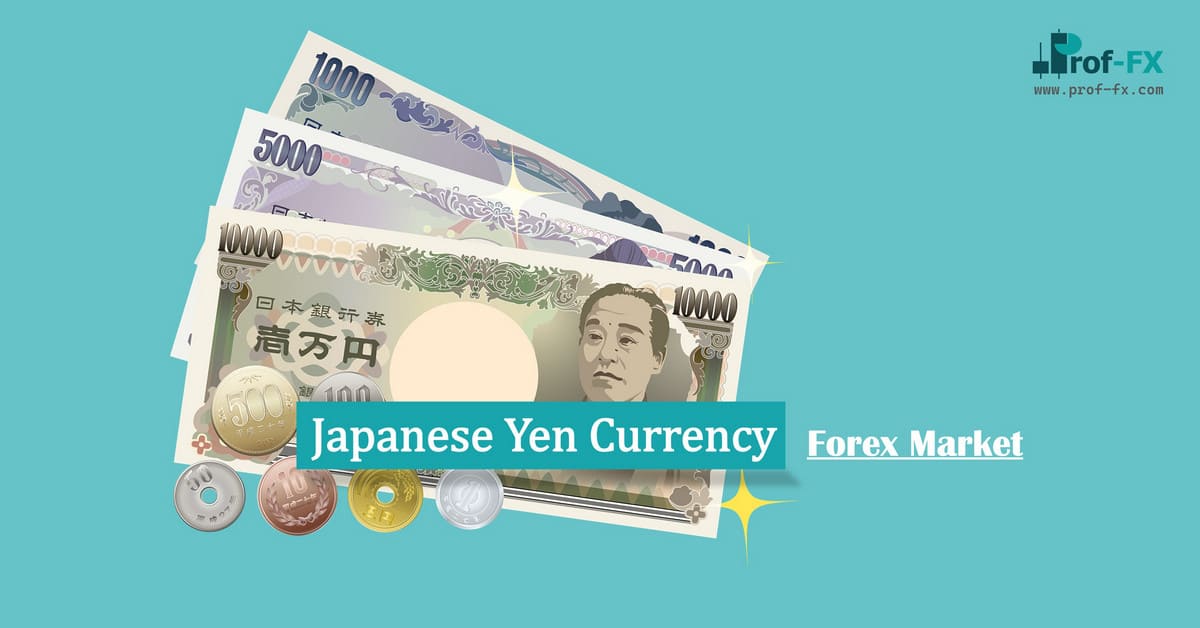Central banks do not like uncertainty or unusual levels of volatility in the Forex market. It is much harder to maintain control of or influence over the market when unusual levels of volatility take control. To that end, central banks may feel compelled to step into the market to provide some stability, especially during times of financial crisis.
One way in which central banks can reduce volatility and help one another at the same time is by issuing temporary reciprocal currency arrangements—central bank liquidity swap lines—with other banks. These liquidity swap lines allow one central bank to borrow foreign currency from another central bank and then disperse that currency in the first bank’s domestic economy. Of course, as with any swap transaction, there is a promise to return all of the borrowed funds at some point in the future, but the temporary use of the foreign currency can go a long way toward maintaining order and liquidity in the market. We saw a great example of this during the financial crisis that spawned the Great Recession.
On December 12, 2007, as the global credit markets were seizing up and the financial system was grinding to a halt, the Federal Open Market Committee (FOMC) announced that it had authorized liquidity swap lines with the European Central Bank (ECB) and the Swiss National Bank (SNB) to help provide liquidity in U.S. dollars and stability to overseas markets. Ultimately, many more central banks were given similar deals.
Driving Currency Revaluations
Every now and then, we will see a central bank dive into the Forex market with the simple goal of manipulating currency prices. Sometimes central banks believe that currency prices are too high, and they want to see if they can bring them back down. Other times central banks believe that currency prices are too low, and they want to see if they can bring them back up.
While it may seem as if trying to pull prices back down and trying to push prices back up are two sides of the same coin, there is actually one key difference that central banks have to consider before they move forward with an attempt to manipulate the currency market.
Central banks have a much easier time sustaining a campaign to reduce the value of their currencies because a central bank can always just “print more money” and inject it into the Forex market. Where central banks run into difficulty is when they engage in campaigns to increase the value of their currencies when they don’t have sufficient foreign exchange reserves. A central bank can embark on a campaign to increase the value of the currency by taking its foreign exchange reserves and using them to buy the domestic currency on the open market. However, once the central bank runs out of foreign exchange reserves, it is out of luck, and the campaign to strengthen the currency will most likely begin to unravel.

